Taking a cruise can be one of the most relaxing and scenic ways to explore different countries and cultures. However, what should be a smooth vacation sometimes takes a dramatic turn when passengers are left behind at the port. Each year, multiple cases arise where travelers miss the ship’s departure, and while these situations often make headlines or go viral on social media, they are usually avoidable. Understanding why this happens is essential for both first-time and seasoned cruisers. This article explores the most common reasons why passengers get left behind by cruise ships at the port and provides helpful insights for avoiding such travel mishaps.
Misjudging the Time
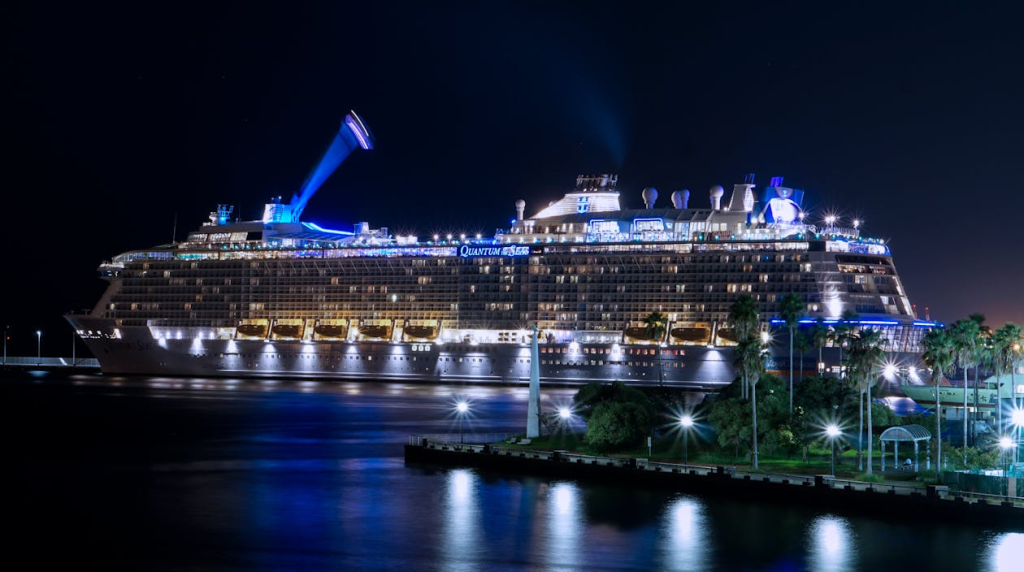
The most common reason people miss cruise departures is simply poor time management. Many ports of call give passengers several hours to explore a city or take part in excursions. But when travelers lose track of time while shopping, dining, or sightseeing, they can return to the dock too late. Ships are on strict schedules, and delays can affect port fees, fuel consumption, and itinerary commitments.
It is crucial to remember that ships operate on “ship time.” This may differ from the local time at the port. Failing to sync your watch or phone to the ship’s time zone can result in an accidental late return. If a ship departs at 5 p.m. ship time and your phone is set to local time, being unaware of a one-hour difference could make you miss the boarding window entirely.
Booking Independent Excursions
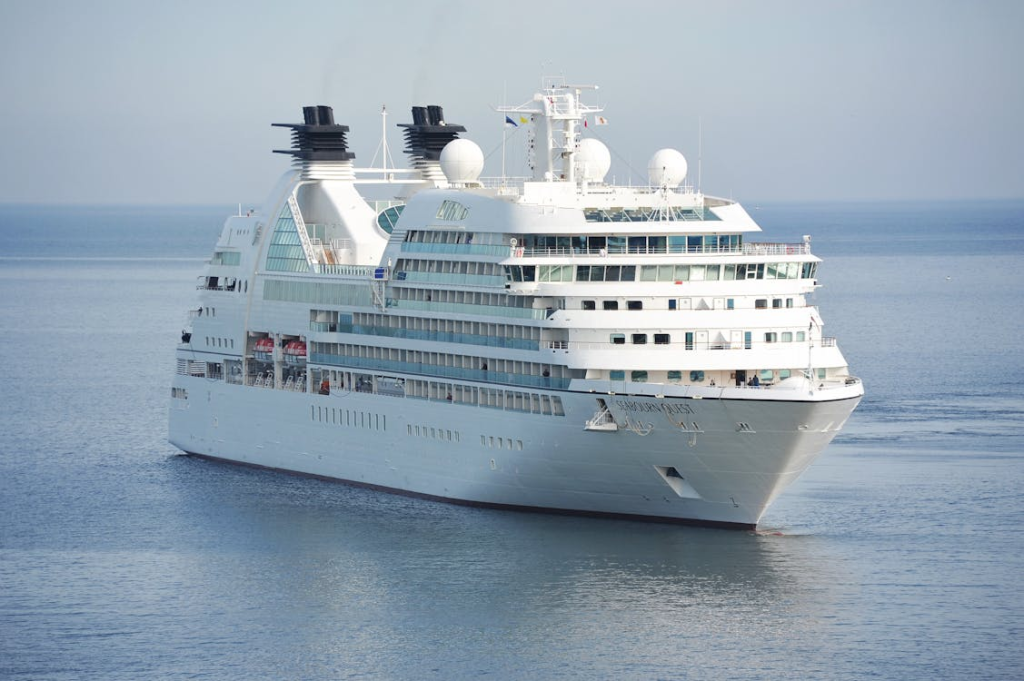
Cruise lines offer shore excursions that are tightly managed with schedules aligned to the ship’s itinerary. However, many travelers choose to save money or seek unique experiences by booking excursions through third-party companies. While these off-ship tours can be enjoyable, they come with the risk of running late. If a bus breaks down or a tour guide underestimates the return time, those on an independent tour could arrive back after the final boarding call. Cruise lines are not responsible for delays from non-partnered companies. This means they will not hold the ship for guests who do not return on time.
Getting Lost in a Foreign City
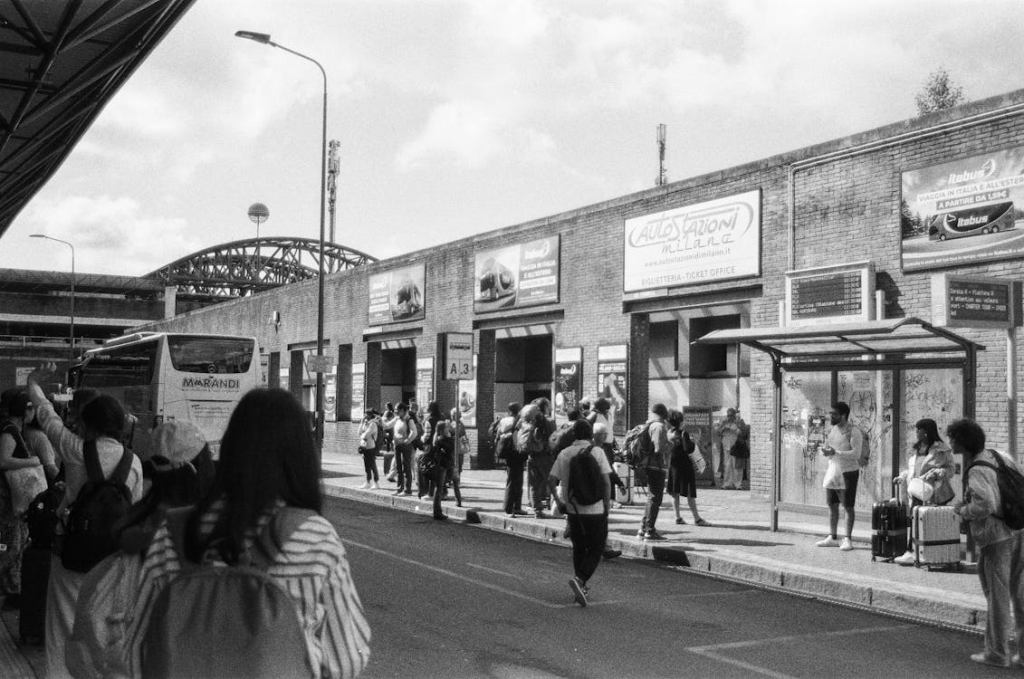
Not everyone is familiar with navigating in foreign countries, especially where signage, street names, or transportation systems may be different. Passengers who choose to explore on their own may overestimate their ability to find their way back. Getting lost in a city where you do not speak the language or understand the transportation system can quickly turn stressful. In ports with large crowds, confusing layouts, or poor infrastructure, it is easy to take a wrong turn or board the wrong bus. Even experienced travelers may miscalculate how long it will take to return, especially if traffic or construction delays are involved.
Alcohol and Impaired Judgment

Many ports are known for their lively bars and affordable drinks, which can attract tourists looking for a good time. Unfortunately, drinking excessively during a shore stop can impair decision-making and cause passengers to lose track of time. Intoxicated passengers may also struggle to navigate back to the dock or misunderstand departure instructions. Some people believe the ship will wait or that they can call the cruise line to explain the delay. This is not true. Cruise ships operate on rigid schedules, and crew members will not delay departure for guests who simply misjudged their alcohol intake or stayed out too long.
Medical Emergencies or Accidents
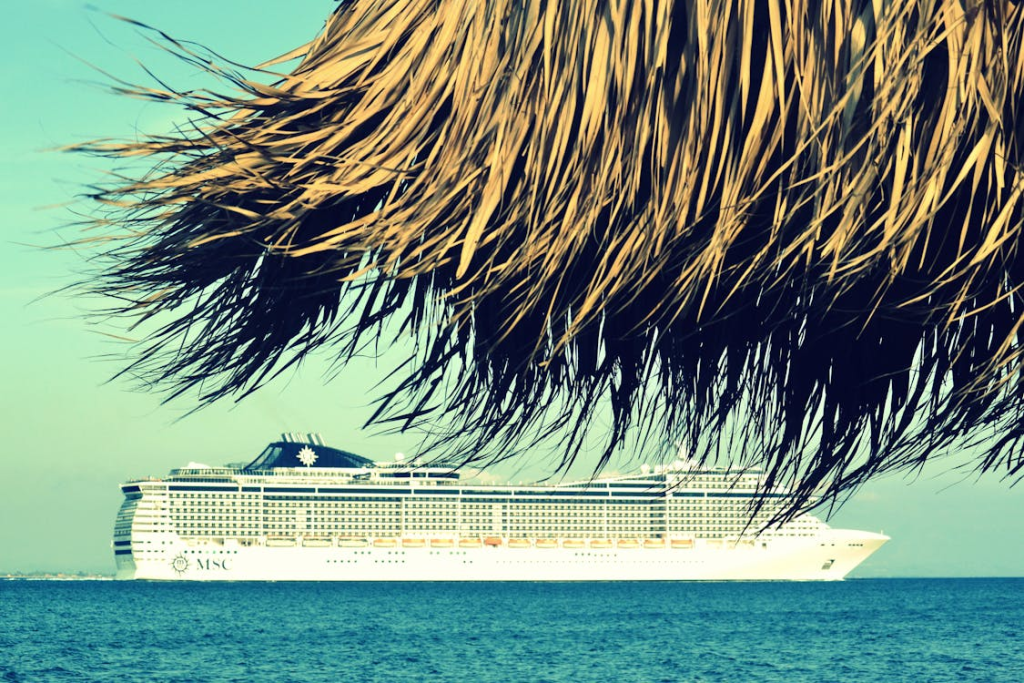
Sometimes, passengers miss departure not because of poor planning, but because of sudden medical emergencies. Accidents during excursions, unexpected illnesses, or a need for emergency care in a foreign hospital can result in being left behind. While cruise staff do their best to assist passengers, if a guest is receiving treatment ashore, the ship may have to leave without them to stay on schedule. In such cases, the ship’s medical team or shore-side agents will coordinate with local authorities and family members to ensure the guest receives care. Rejoining the ship later may be possible, but it often requires travelers to make their own arrangements to meet the ship at its next port of call.
Read More: ‘Do Not Sail’ List Grows as Carnival Cruise Ejects 24 After Violent Altercation
Legal Trouble or Immigration Delays
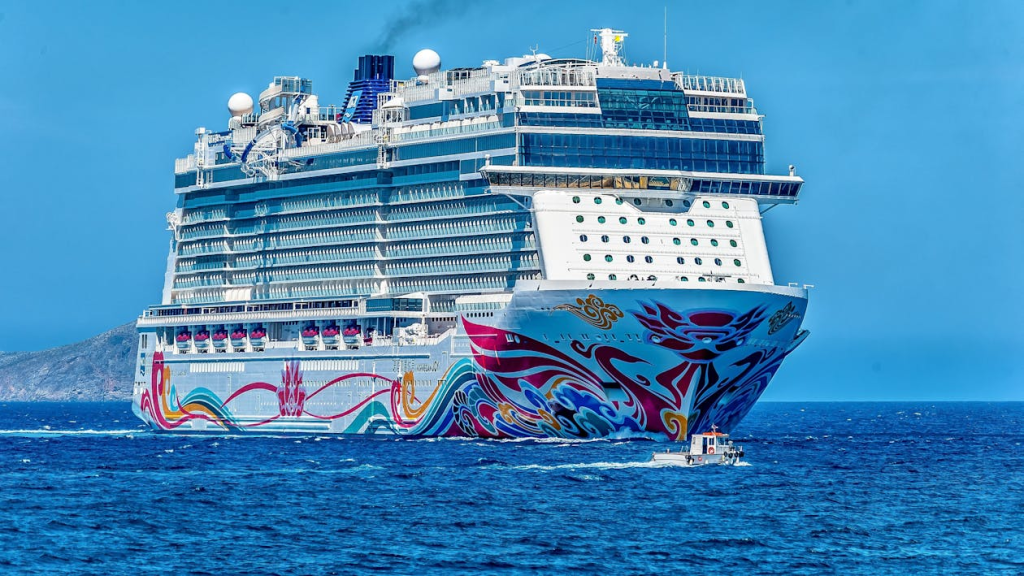
Some travelers unknowingly violate local laws or customs, which can result in being detained by police or immigration officials. These issues can range from carrying restricted items to inappropriate behavior or visa problems. Even something as simple as a passport discrepancy or misunderstanding with local vendors can escalate quickly in countries with strict policies. When passengers are held by authorities or denied reentry to the port area, the ship will usually proceed without them. In these cases, embassies or consulates may need to get involved, and it can take days for the issue to be resolved.
Underestimating Port Transit Time
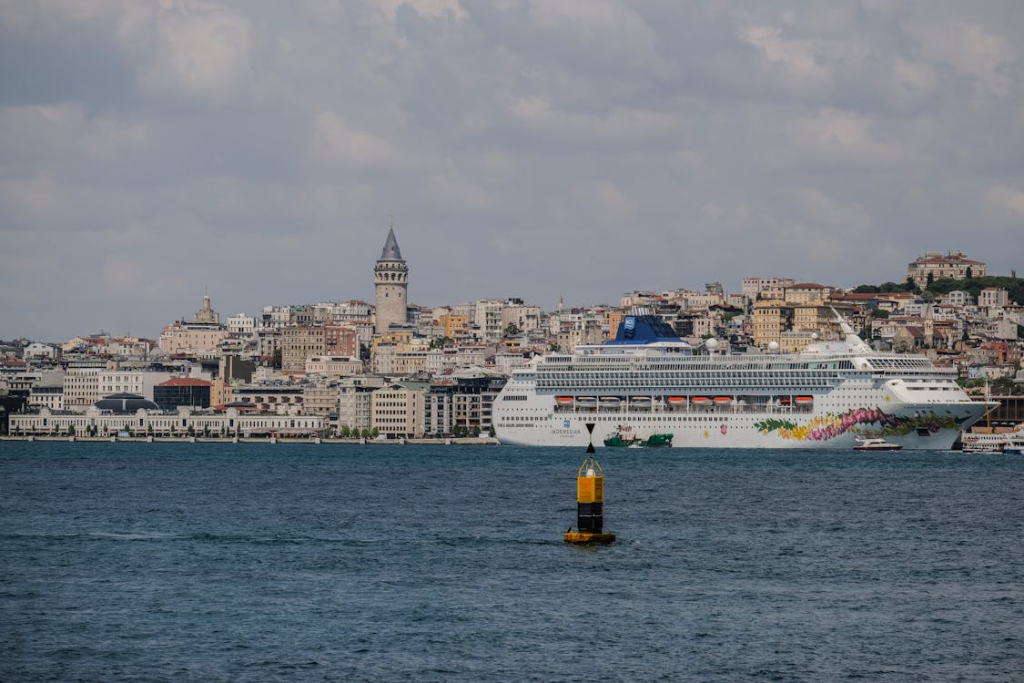
Some ports are located far from the main attractions. For example, the port of Civitavecchia is about 90 minutes from Rome. If passengers take a train or bus into the city without leaving enough buffer time for delays, they risk not making it back in time. This risk is higher in ports where transportation options are limited or where local traffic is unpredictable. Booking through the cruise line ensures a smoother process, as the ship will wait if a company-led excursion is running behind. However, those making independent travel decisions need to be extra cautious and allow generous return times.
Failure to Listen to Announcements
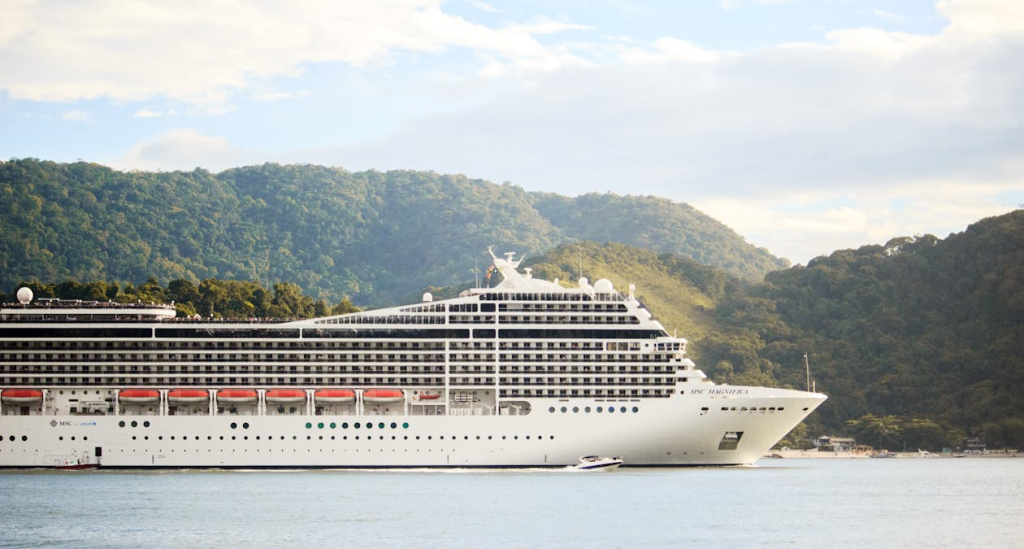
Cruise ships consistently provide clear information regarding departure times and boarding deadlines. These are announced over loudspeakers, printed in daily bulletins, and posted at gangways. Despite this, some passengers ignore or misunderstand these messages. Some travelers assume there is flexibility built into the schedule or think there is a grace period after the final boarding call. Others assume the ship must wait for all passengers, which is simply not true. Ignoring instructions or assuming the rules do not apply can quickly lead to being left behind.
Overconfidence and Risk-Taking

Some seasoned travelers fall into the trap of thinking they know better than the cruise line. They may plan elaborate independent tours with tight turnaround times, confident they can make it back. However, overconfidence often leads to risky decisions. Taking a chance on visiting one more site, waiting for the next bus, or shopping a little longer can all result in critical delays. It only takes a few unexpected minutes of traffic or confusion for those plans to collapse. Cruise lines plan buffer time for their excursions, but individuals taking their own route do not have that luxury.
How to Avoid Being Left Behind

Cruise passengers can avoid the unpleasant experience of being stranded by following some simple guidelines:
- Always know the ship’s departure time and adjust your watch or phone to ship time
- Book excursions through the cruise line whenever possible
- Leave at least one to two hours of buffer time before the ship’s departure
- Carry identification, a credit card, and the ship’s emergency contact information with you
- Use maps and navigation apps to avoid getting lost
- Stay aware of local laws and customs
- Limit alcohol intake during shore time
- Pay attention to announcements and printed instructions
Turn Stressful and Expensive into Smooth and Hassle-Free
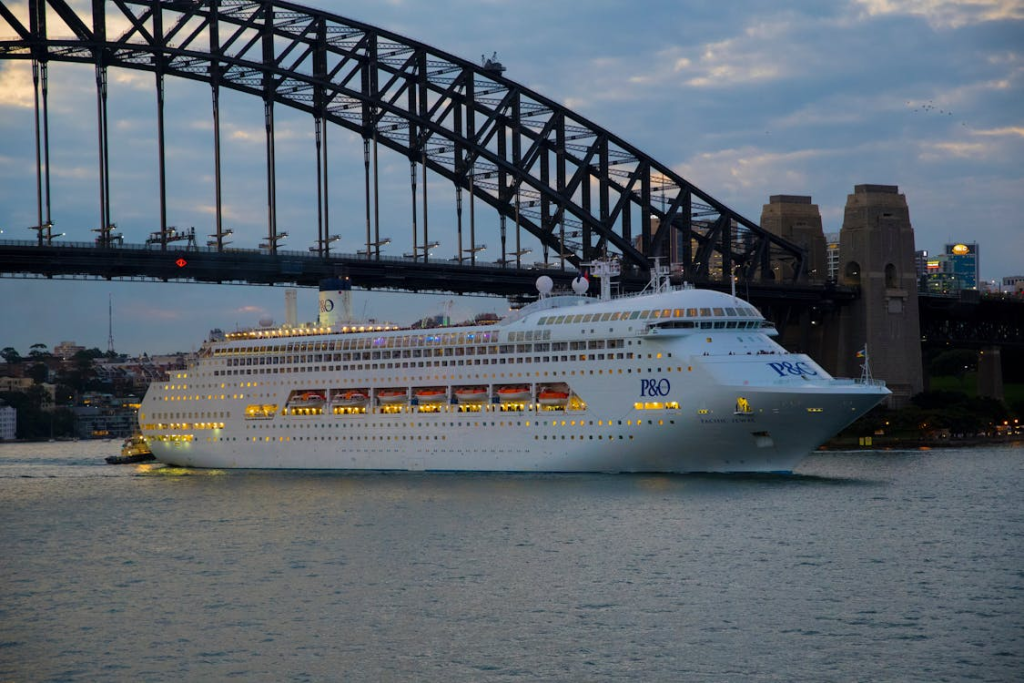
Getting left behind at a cruise port can turn an enjoyable trip into a stressful and expensive ordeal. While most cruise lines do their best to support passengers and communicate clearly, responsibility ultimately falls on the traveler to return on time. By planning carefully, staying informed, and respecting departure schedules, passengers can enjoy their adventures ashore without risking the loss of their ship, belongings, and itinerary. Cruising is meant to be stress-free, and a little caution goes a long way in ensuring that it stays that way.

